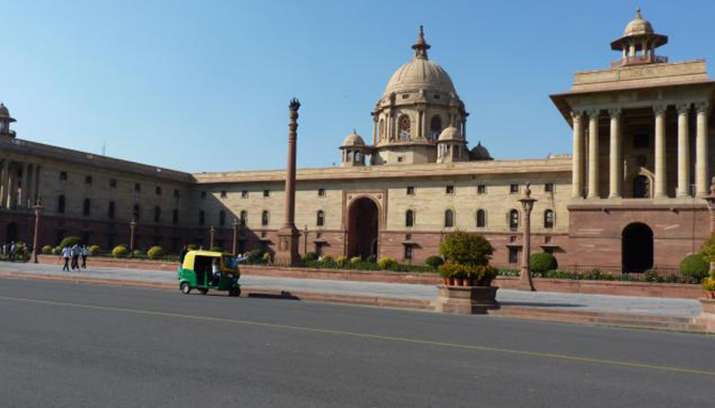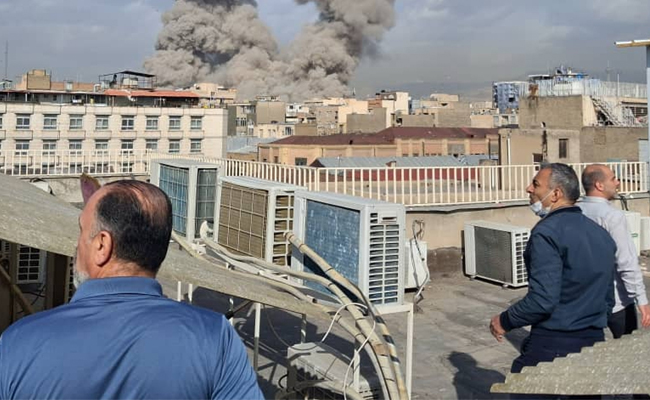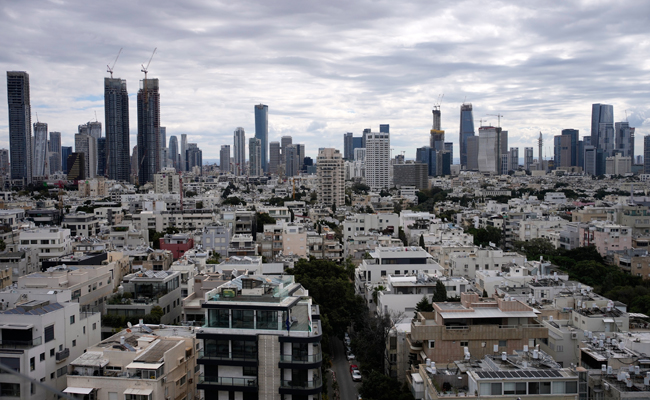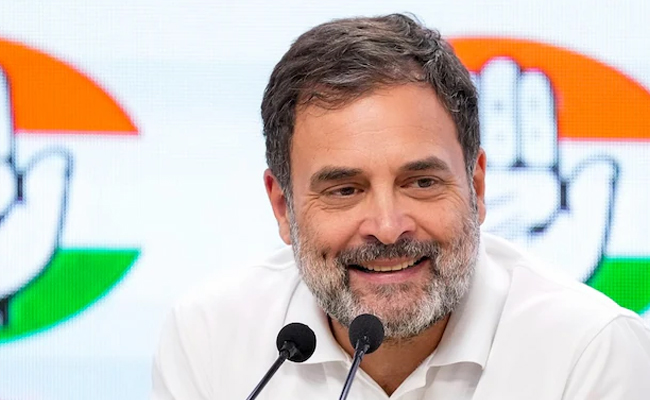New Delhi, Jun 2: The Centre has amended its rules barring officers who had worked in intelligence and security related organisations from publishing sensitive information by adding new clauses, including the conditions that they can't share any material on "domain of the organisation" or its personnel.
The Central Civil Services (Pension) Amendment Rules, 2021, dated May 31 and notified late Tuesday, also states that they need to take prior permission from the "head of the organization" for publishing such material. In the earlier 2007 rules, permission was to be taken from the head of the department.
Twenty-five organisations, including the Intelligence Bureau (IB), Research and Analysis Wing (RAW), the Central Bureau of Investigation (CBI) as well as the Special Protection Group (SPG) and the Border Security Force (BSF), are covered under the rules.
All employees would have to give an undertaking to the head of organisation that they would not publish sensitive information, failing which their pension can be "withheld or withdrawn", the amendment states.
According to the Central Civil Services (Pension) Amendment Rules 2007 that was notified in March 2008, the employees are already barred from publishing any sensitive information, "the disclosure of which would prejudicially affect the sovereignty and integrity of India".
The amended provision now reads, No government servant, who, having worked in any intelligence or security-related organization shall, without prior clearance from the head of the organisation, make any publication after retirement, of any material relating to and including domain of the organisation, including any reference or information about any personnel and his designation, and expertise or knowledge gained by virtue of working in that organization .
There was no mention of domain of the organisation and reference to any personnel in the 2007 rules.
"Domain may be taken to mean core area or core areas of the working of an organisation," an official explained.
The amended rules specify that they cover government servants who have worked in any Intelligence or Security-related organisation included in the Second Schedule of the Right to Information Act, 2005 (22 of 2005) .
When the RTI Act was incorporated in 2005, 18 organisations were in Schedule two and their details could not be subjected to the transparency law. From 2008 to 2011, the number rose to 25 after the inclusion of the elite SPG guarding the prime minister, the CBI, the National Investigation Agency (NIA) and the Defence Research and Development Organisation (DRDO).
Allaying fears expressed in some sections of the media, government sources said the intention of the government is always to safeguard national interests .
"An erroneous and misleading narrative is sought to be created with regard to the rules, which were designed to remove any confusion regarding existing restrictions on the subject," they said.
The sources added that a few intelligence and government officials who had worked in intelligence or security-related organisations had in the past publicly expressed themselves by means of writing or speaking, revealing specific knowledge and sensitive information gained by virtue of having worked in that organisation .
Stating that the order was issued to bring clarity on the issue, the sources said, "By no means do these rules deny any such former official from expressing his/her views. In fact, it makes it easier for them to do so, given that they can now contact the Head of their former employer organisation and seek clarification on whether the proposed material is sensitive or non-sensitive."
The 2007 rules had barred employees from publishing material including "sensitive information, the disclosure of which would prejudicially affect the sovereignty and integrity of India, the security, strategic, scientific or economic interests of the state, or relation with a foreign state or which would lead to incitement of an offence" after their retirement.
The rules apply to employees who retire from the IB, RAW, Directorate of Revenue Intelligence (DRI), Central Economic Intelligence Bureau, Directorate of Enforcement (ED), Aviation Research Centre, BSF, Central Reserve Police Force, National Security Guards, Central Industrial Security Force and the Indo-Tibetan Border Police among others.
The list also includes the Narcotics Control Bureau, Special Frontier Force, Special Protection Group and Financial Intelligence Unit.
The CCS (Pension) Rules, 1972, which have been amended to make way for 2007 and 2021 rules, however, don't apply to officers of the Indian Administrative Service (IAS), Indian Police Service (IPS) and Indian Forest Service (IFoS) among others.
The CCS (Pension) Rules, 1972 apply to those appointed on or before December 31, 2003.
Let the Truth be known. If you read VB and like VB, please be a VB Supporter and Help us deliver the Truth to one and all.
UAE authorities on Saturday announced that they intercepted missiles from Iran, following the offensive of US, Israel on Iran earlier in the afternoon.
Several reports had claimed explosions, in various Middle East countries including Kuwait, Bahrain.





